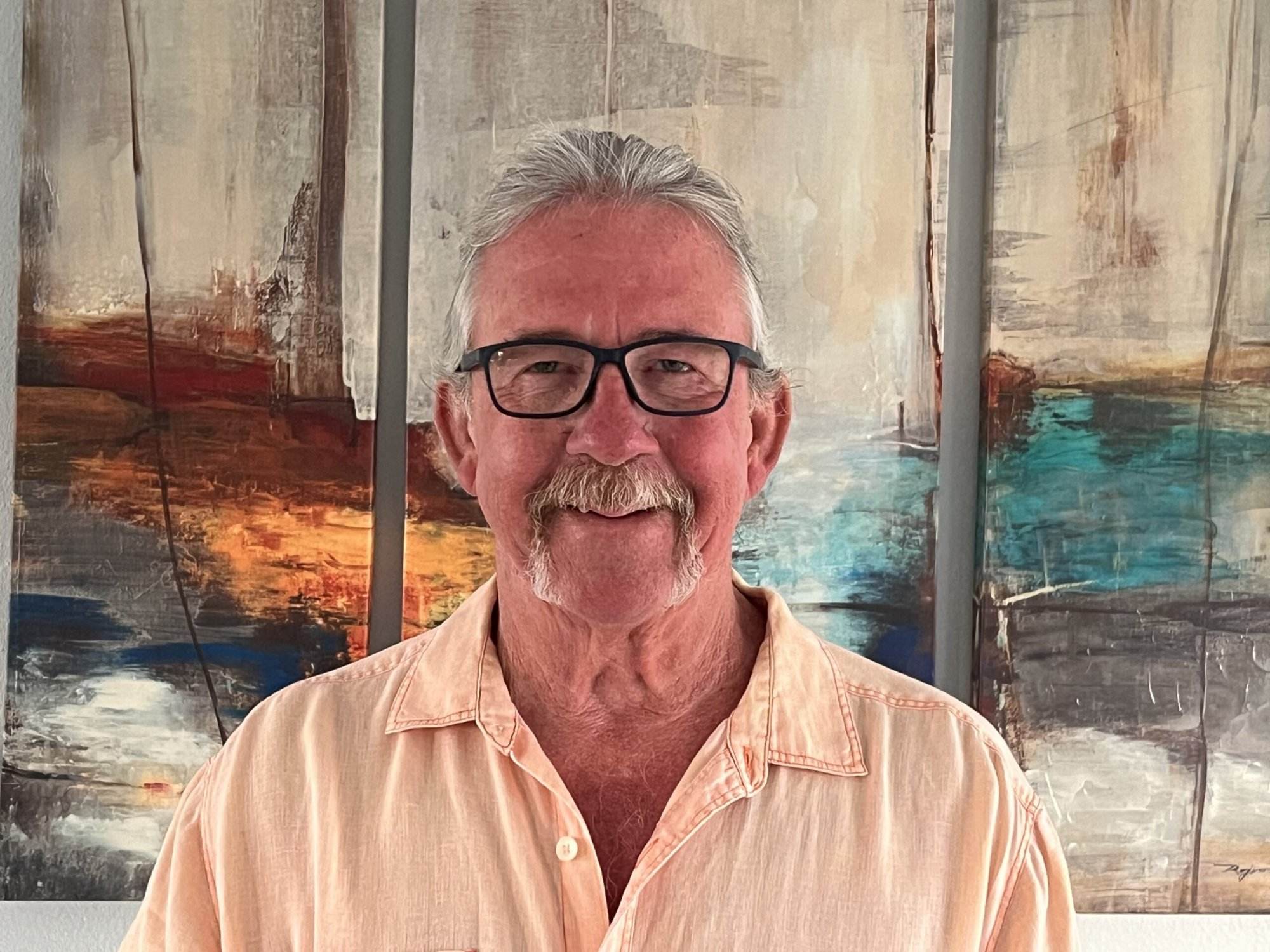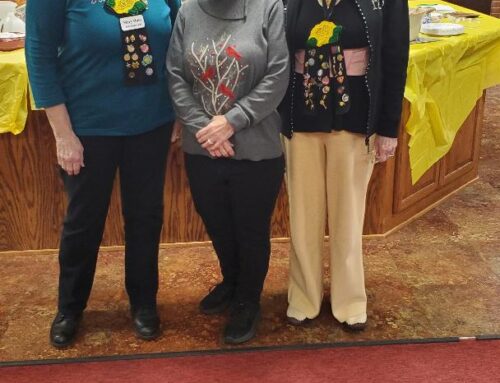By Paul Bokker PhD, LPC-S/TA, NBC-HWC
According to the World Health Organization (WHO), up to 80% of cardiovascular disease and nearly 33% of cancers could be prevented with lifestyle changes. Risk factors such as alcohol use, tobacco use, high blood pressure, high body mass index, high cholesterol, high blood glucose, low fruit and vegetable intake, and physical inactivity are modifiable with lifestyle measures. I remember early as a child believing one day there would be a pill or a cure for every illness and disease. What I have discovered is that pills cannot fix everything. In fact, sometimes they make things worse. Don’t get me wrong, thank goodness for modern medicine. Our lifespan has been increased by thirty years, many diseases have been eliminated, and the quality of life has been enhanced largely due to the advances in healthcare.
An integrated approach to healthcare involves the coordinated use of evidenced-based conventional and complementary interventions to help optimize health. An alternative or a complementary approach relies upon the use of non-conventional or non-mainstream interventions. An integrative perspective has a clear focus upon the power of the body and the individual for self-healing. You are the expert for you- not a physician or minister or me or anyone else. You can gather information from external sources to help inform decisions you make but you know what is best for you than anyone else does. Listen to the body. Our body tells us what it needs, it tells us what is unhealthy for us. When we overeat, it tells us. When we overdrink, it tells us. When we do not exercise it tells us. When we do not sleep it tells us. When we feel overwhelmed it tells us. When we smoke it tells us.
Also, within resides a “knowing” or “inner voice” or a “gut feeling” or what some may call an “innate wisdom.” It is our true self or our higher self. It is that voice which is beyond our thoughts and experiences. It is the observer or witness of our habitual thought and behavioral patterns. It is this voice-our innate wisdom- that can guide us in healthy and effective ways.
The old medical model of the healthcare professional being the expert and the patient being told what to do is ineffectual. The evidence is clear that it does not have a positive impact upon causing the patient in making heathy lifestyle changes. When someone else tells us how we should live we rarely make lasting changes. Lasting changes happen when we make the decision to alter the way we live because we believe that it is best for us.
Most of us know when we are making unhealthy choices. Most, if not nearly all of us, want to make healthy choices but just do not know how or lack the confidence that we can make healthier choices. Next time we will explore ways that might empower you to make changes that could have a profound positive impact upon you for the rest of your life.
Paul Bokker Ph.D., LPC/S, NCC, BCC, NBC-HWC, BC-TMH
CEO Hope Behavioral Healthcare Highland, AR 870-856-3337 and CEO Thrive Well-Being Center 870-257-4938






